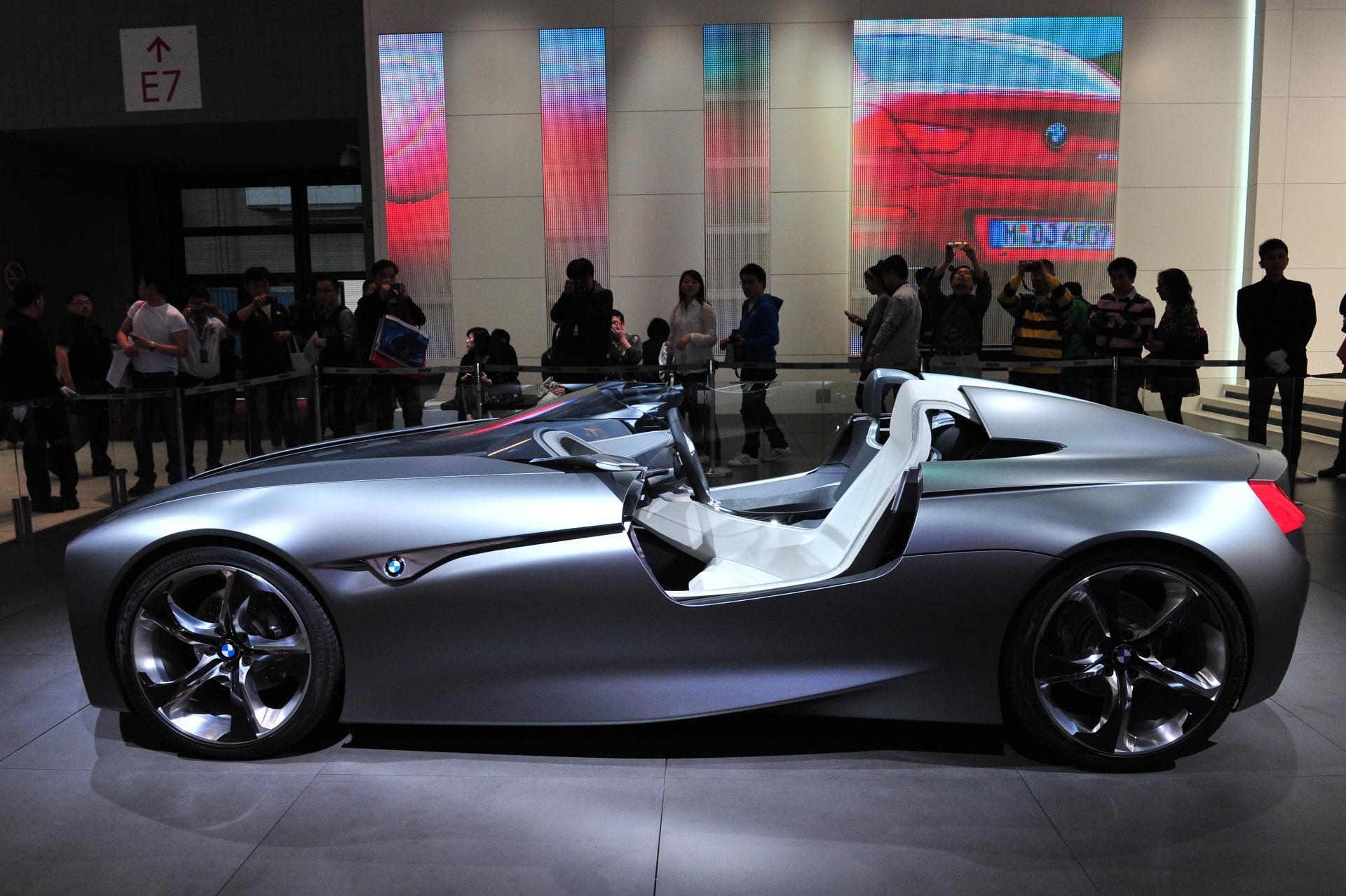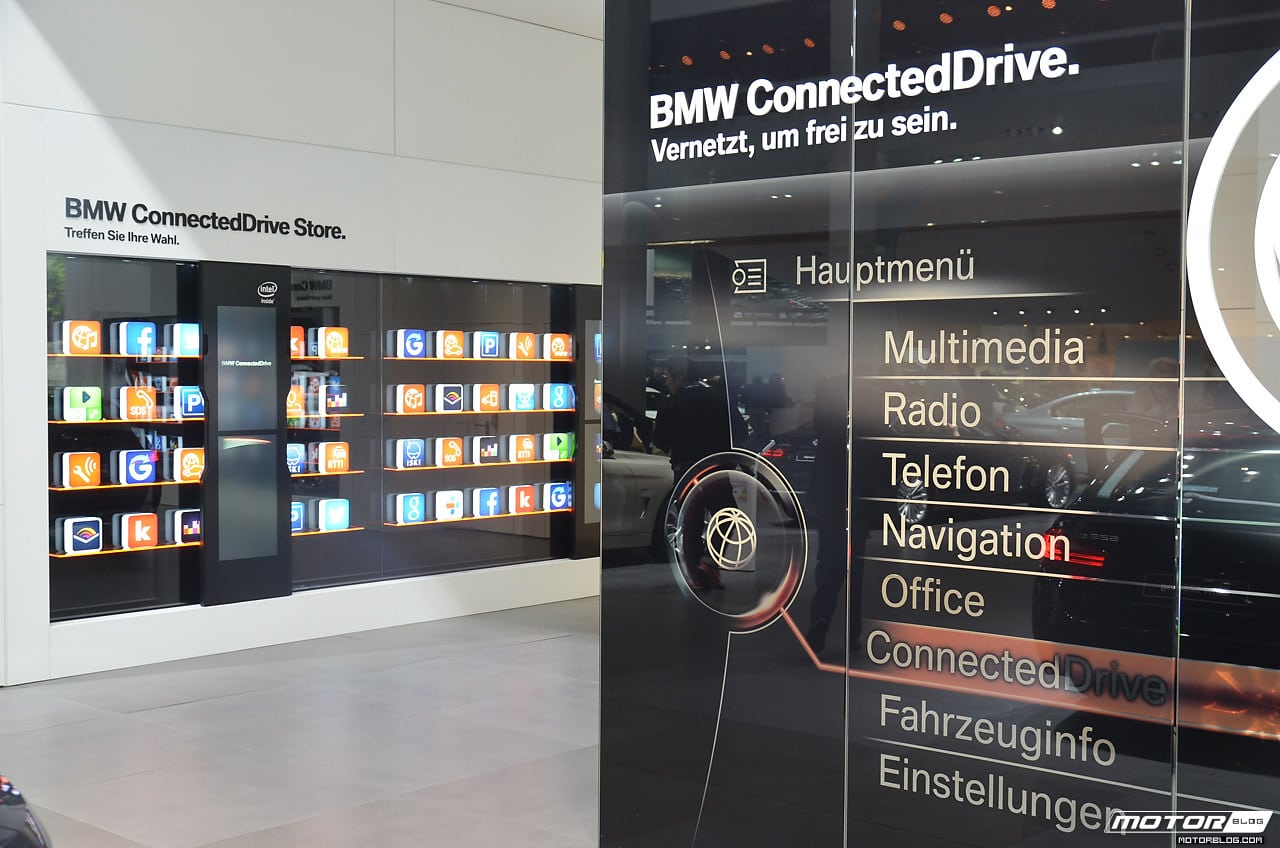China (Bejing)
BMW and Chinese search engine Baidu have successfully tested driverless car in Beijing. Baidu are China’s answer to Google and, as well as search, control the detailed maps that are used by all smartphone and GPS users in China. They invested $10 million on Finnish mapping company IndoorAtlas and have conducting extensive research into Artificial Intelligence, computer vision and the robotics needed for an autonomous driving.
In tests in December 2015, when another vehicle swerved out in front, the car’s computer avoided collision by autonomously hitting the breaks: “If I had been driving,” says lead scientist Andrew Ng, “we would have hit the car in front.”
Whilst Google might be looking at a completely driverless car, Baidu’s head of deep research said the company was looking at ways of assisting rather than replacing drivers. The company’s senior, vice president Wang Jin said that we will see driverless cars on the streets of China before the end of 2015. And with the slow pace of legislation in the US and Europe, Baidu are looking very likely to beating Google to the post.
Andrew Ng, chief scientist at the Chinese Internet giant Baidu, which is working on autonomous cars, and a former Google AI researcher, said today at the Structure Data conference in San Francisco that he expects self-driving cars to be commercialised within three years. More than that, he thinks that within five years, they will be mass-produced.
Bio
Tom is a writer and commentator on culture, society and lifestyle in Asia where he has been based for 15 years.
Project leader
Jing Wang Senior, Vice President, Baidu and Cypselus von Frankenberg, Head of Technology Communications, BMW
Support the Atlas
We want the Atlas of the Future media platform and our event to be available to everybody, everywhere for free – always. Fancy helping us spread stories of hope and optimism to create a better tomorrow? For those able, we'd be grateful for any donation.
- Please support the Atlas here
- Thank you!




